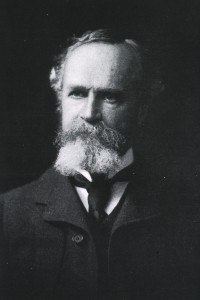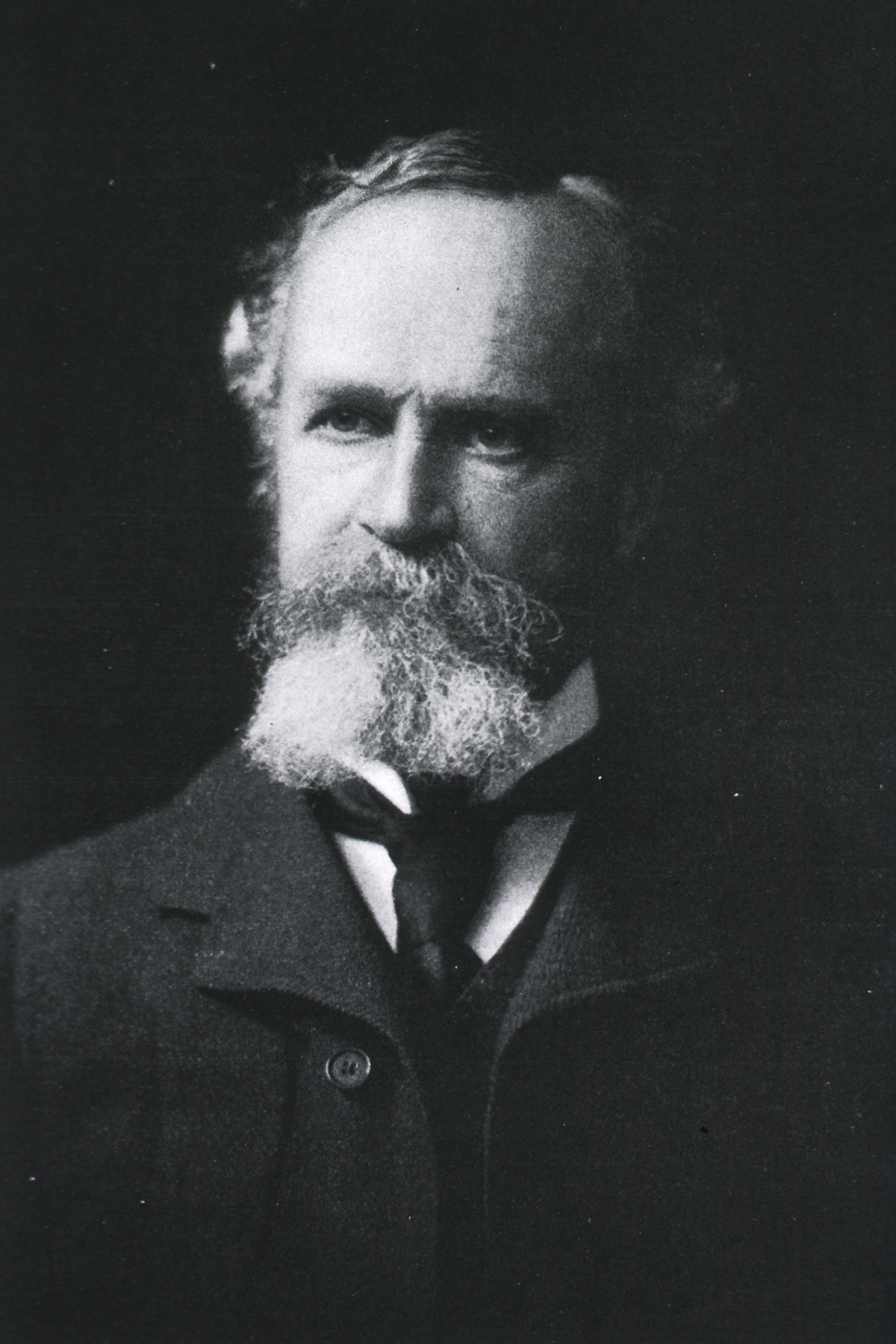 To Horace Meyer Kallen
To Horace Meyer Kallen
60 Brattle Street
Cambridge, Massachusetts. December 5, 1903
I see it has taken me more than a month to answer your letter, which I was really very glad to get. What you tell me is amusing, and makes me think that perhaps you are inwardly enjoying the horrors of Princeton. Of course Princeton is very far away—but we may ask, as the Westerner said on a similar occasion “Far away from where?”—and of course it is intensely provincial, as I hear President Harper1 of the University of Chicago says New York and the whole East is, and notably Boston. Why isn’t it very nice to have class spirit and respect for professors? And why isn’t it interesting to see puritanism and industrialism trying to express themselves in one philosophy? You shouldn’t mind the ugly symbols in which these things are expressed; now-a-days we have no taste in symbols. We have to ignore them as we should the style of a telegram or the drawl of a preacher, and try to attend only to the thing signified, the force embodied. Doesn’t Princeton embody a force? Isn’t it a better place than Harvard, for instance, in which to study America? And America is something worth a lot of trouble to understand. If I thought I could quite succeed, I think I could be brought to sit for half an hour in President Wilson’s pink parlor, and to breathe a pretty strong scent of religiosity even for a whole year. You remember what Socrates said to his son about Xanthippe’s bad temper? “If people used equally bad language at one another on the stage, would that disturb you? Then why should bad language, uttered without malice, disturb you in the real world?” The religious people merely use a bad language; what they mean, if they only knew what it was, would be all right.
James has sent me two of his new articles from the Columbia Journal. The one (or more) in Mind I have not yet seen. Dickinson writes to me from Cambridge. “I love W. James as a man. But what a singularly bad thinker he is!” James’ new statements do not seem to me to be bad insight, whatever may be thought of the logic of them. They point to materialism, which I believe may be destined before long to have a great rehabilitation. The material world is a fiction; but every other world is a nightmare.
I am enjoying myself hugely and reading a good deal more than usual. Friends of mine turn up at regular intervals, and the sun shines, and humanity smiles about me almost without hypocrisy. I feel at home.
From The Letters of George Santayana: Book One, [1868]-1909. Cambridge, MA: The MIT Press, 2001.
Location of manuscript: American Jewish Archives, Hebrew Union College-Jewish Institute of Religion, Cincinnati OH
